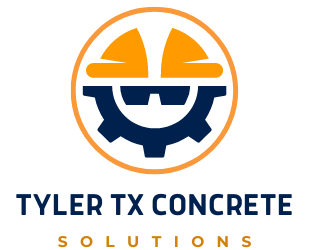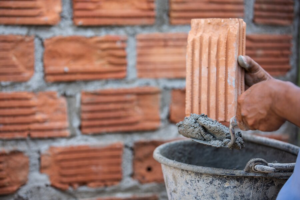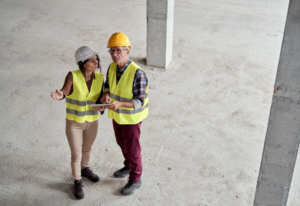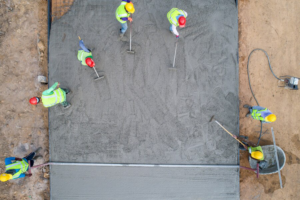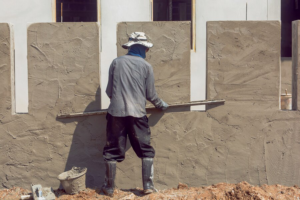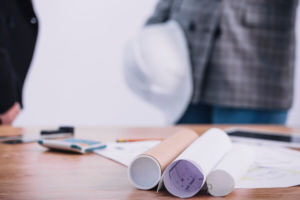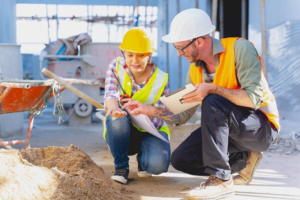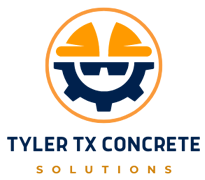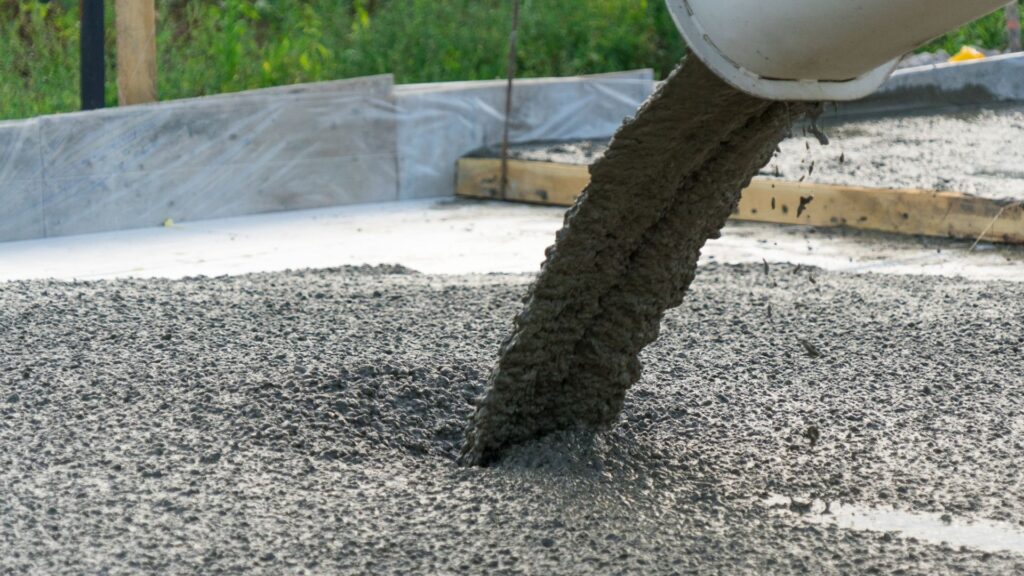
When constructing a sturdy and durable building, the foundation is pivotal in Tyler, Texas, where the soil composition and climate can present unique challenges. Having a strong and reliable concrete foundation and slabs becomes even more crucial. In this article, we will dive deep into concrete foundations, exploring their importance, the factors to consider when constructing them in Tyler, Texas, and the various techniques used to ensure their longevity. So, let’s unravel the secrets of building solid foundations and slabs that stand the test of time in Tyler!
The Significance of a Solid Foundation
A solid foundation is critical to the success and longevity of any structure, whether it be a physical building or an abstract concept. In the case of a physical structure, a sturdy foundation is necessary to support the weight of the building and prevent it from collapsing. Similarly, in the realm of ideas and beliefs, a strong foundation is essential for ensuring they withstand scrutiny and remain relevant over time.
A solid foundation provides stability, security, and a sense of permanence. It serves as a basis upon which further development and growth can occur. Without a solid foundation, structures risk collapse or failure, and ideas may crumble under pressure or be easily swayed by opposing viewpoints.
Establishing a solid foundation requires careful planning, attention to detail, and an understanding of underlying principles in both physical and abstract contexts. It is an investment in the future that pays dividends in terms of stability, resilience, and lasting impact. Whether building a structure or developing an idea, a solid foundation is vital to achieving success and creating something that endures.
Factors to Consider for Tyler's Concrete Foundations
When considering factors for Tyler’s concrete foundations, several vital aspects must be remembered. Here are the top five factors to consider:
Soil Analysis
Conducting a thorough soil analysis is essential before starting any foundation project. Different soil types have varying load-bearing capacities, expansion/contraction characteristics, and drainage abilities. Understanding the soil conditions will help determine the appropriate foundation design and reinforcement needed.
Structural Design
The structural design of the foundation is crucial for ensuring long-term stability and durability. Factors such as the building's load requirements, local building codes, and the type of structure (e.g., residential, commercial, industrial) should be considered. Adequate reinforcement, such as rebar or post-tensioning, should be incorporated to support the anticipated loads.
Site Preparation
Proper site preparation is vital for a successful foundation installation. Clearing the area of debris, vegetation, and any unsuitable materials is necessary. Additionally, the site should be properly graded to ensure proper drainage and prevent water accumulation near the foundation, which can lead to issues like water infiltration or soil erosion.
Climate and Environmental Factors
The climate and environmental conditions of the location play a significant role in determining the foundation's design and construction methods. Factors such as freeze-thaw cycles, seismic activity, water tables, and expansive soils must be carefully considered to ensure the foundation can withstand such conditions without significant damage.
Quality Materials and Construction Techniques
High-quality materials and proper construction techniques are essential for a robust and long-lasting foundation. This includes selecting the appropriate concrete mix design, ensuring proper curing, and employing skilled labor or experienced contractors who understand the intricacies of foundation construction. Adhering to industry standards and best practices ensures the foundation's structural integrity. Remember that every project is unique, and consulting with structural engineers, geotechnical experts, and other professionals is essential to evaluate specific conditions and requirements before starting the foundation construction.
Reinforcing Techniques for Resilient Foundations
Reinforcing techniques for resilient foundations are essential to ensure the stability and longevity of structures. Several methods can be used to support foundations, including underpinning, grouting, and soil stabilization. Underpinning involves excavating and installing new footings or piers beneath existing foundations to increase their load-bearing capacity. Grouting involves injecting cement and water into the soil beneath the foundation to improve its strength and stability.
To improve its properties, soil stabilization involves adding materials such as lime or cement. These techniques can be used in combination or individually depending on the specific needs of the structure and soil conditions. By implementing these reinforcing techniques, structures can withstand environmental factors such as earthquakes, floods, and ground settlement, ensuring a safe and secure foundation for years.
The Versatile Flooring Solution
Slabs are an extremely versatile flooring solution offering a wide range of benefits for both residential and commercial spaces. They are typically made from natural stone, such as granite, marble, or limestone, and come in various colors and textures to suit any design aesthetic. One of the critical advantages of slabs is their durability – they are incredibly hard-wearing and resistant to scratches, stains, and other forms of damage.
This makes them ideal for high-traffic areas such as hallways, kitchens, and bathrooms. Slabs are also relatively easy to maintain, requiring only periodic cleaning to keep them looking their best. In addition to their practical benefits, slabs can also add a touch of elegance and sophistication to any space. Whether renovating your home or upgrading your commercial premises, slabs are an excellent choice for a durable and stylish flooring solution.
Conclusion
Constructing concrete foundations and slabs in Tyler, Texas, requires careful planning, consideration of local conditions, and adherence to best practices. The unique climate and soil composition necessitate reinforced foundations that can withstand the test of time. By prioritizing a solid foundation and employing appropriate techniques, Tyler’s builders can ensure their structures’ durability, stability, and resilience. At Tyler, TX Concrete Solutions, From residential homes to commercial buildings, we understand the importance of reliable foundations and slabs, and we are committed to delivering high-quality construction services that meet the specific needs of our clients. Our experienced professionals use state-of-the-art equipment and techniques to build strong structures that withstand the harsh conditions unique to Tyler. Contact us today to learn more about our services and how we can help you with your next project.
